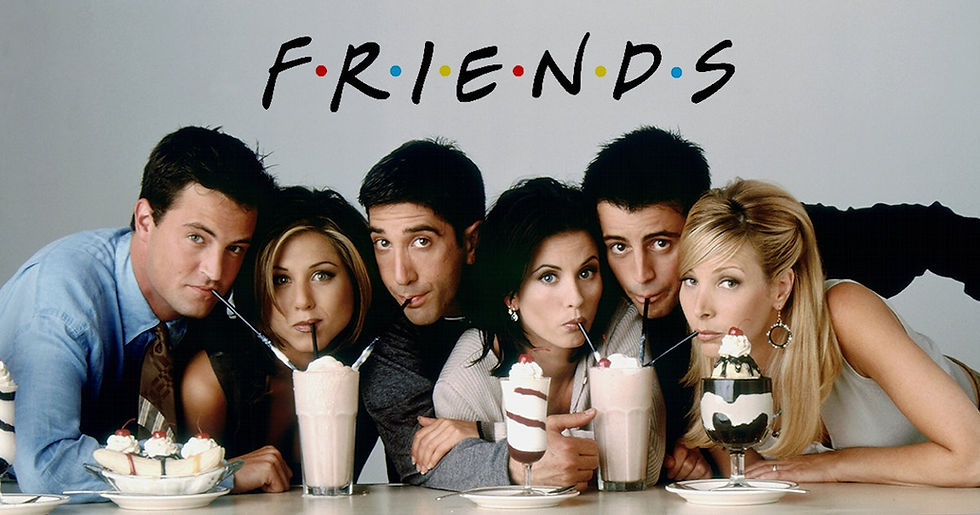Boycott, Divest, Sanctions: Taking a Stand For Palestinian Rights
- farhana shajil
- Nov 27, 2024
- 4 min read
Updated: Dec 1, 2024
The BDS Movement: A Call for Justice
Imagine being forced to leave your home, your land confiscated, and your family separated, all while living under the constant threat of violence and fear. For many Palestinians, this is not a story—it is a daily reality.
In Gaza today, a severe humanitarian and political crisis persists. Israeli military operations and blockades have devastated the region, restricting movement and access to essential resources. Chronic power outages, limited access to clean water, and shortages of medical and sanitary supplies have made daily life unbearable for many. Civilians in densely populated areas face immense casualties and destruction due to ongoing hostilities. The international community has increasingly called for urgent measures to protect civilians and ensure accountability for violations of international law, but meaningful change remains elusive.
Why BDS?
The Israeli-Palestinian conflict has roots stretching back to the late 19th century, but for Palestinians, displacement, oppression, and violence have only intensified over the decades. In 2005, the Boycott, Divestment, Sanctions (BDS) movement was launched as a global, non-violent campaign to pressure Israel to end its occupation and discriminatory policies against Palestinians.
How Can This Be Achieved?
The BDS movement calls on individuals, companies, and institutions worldwide to take concrete action, including:
Boycotting: Avoiding Israeli products and companies that profit from or support the occupation.
Divesting: Encouraging institutions to withdraw investments from companies complicit in the oppression of Palestinians.
Sanctioning: Pushing governments to impose sanctions on Israel to pressure it to comply with international law.
By applying economic and social pressure, the movement seeks to hold Israel accountable and push for justice, equality, and freedom for Palestinians, including their right to self-determination, freedom of movement, and access to essential resources.
Brands to Boycott: Why It Matters
While it may seem daunting to boycott every global brand tied to Israel, even small actions can send a powerful message. Targeted boycotts have historically forced companies to reconsider their involvement in unethical practices. Here are some brands with ties to Israel:
Food and Beverage: Starbucks, Coca-Cola, Pepsi, McDonald's, KFC, Domino’s Pizza, Pizza Hut, Nescafé, Sprite.
Fashion and Sports: Zara, Puma, Tommy Hilfiger, Victoria’s Secret, GAP, Adidas, Marks & Spencer.
For more info: BoycottBrands
Boycotting popular brands might feel inconvenient, but alternatives exist. Instead of global chains, support local businesses or ethical companies that align with your values. For example:
Replace Starbucks with independent coffee shops or fair-trade brands like Equal Exchange.
Opt for sustainable clothing brands or local stores over fast fashion giants.
To make things easier, there are even apps made to find out brands to avoid, all you need to do is scan the product and Voila! it says whether the product should be recommended or not.
Why Boycotts Work
Some may argue that boycotting won’t bring change, but history has proven otherwise. Every time a targeted boycott succeeds, companies face financial pressure and public scrutiny. This forces them to either adapt their business practices or sever ties with controversial entities. Each small action contributes to a collective movement, amplifying its impact over time.

The Role of Celebrity Influence
In today’s world, celebrities and influencers have a unique power to shape public opinion and amplify social causes. Their voices can bring global attention to movements like BDS, inspiring their audiences to act.
Challenging Normalization: By refusing to perform in Israel or endorsing the boycott, celebrities challenge the normalization of oppression. For instance, when artists like Lana Del Rey cancelled performances in Israel, it sent a strong message against profiting from apartheid.
Social Media Impact: A single tweet or Instagram post from a prominent figure can spark widespread awareness. Bella Hadid, for example, has used her platform to highlight the plight of Palestinians, garnering millions of views and support.
Moral Responsibility: Public figures reach millions of people. Using their influence to amplify marginalized voices demonstrates a commitment to human rights and equality. Celebrities who align themselves with justice strengthen their credibility and inspire others to take a stand.
Fans also play a role by urging their favourite influencers and artists to speak out. Silence in the face of oppression is complicity, and celebrities who advocate for justice can make a profound difference.
Final Thoughts: A Call to Action
The BDS movement is more than a campaign—it is a call for justice, equality, and human dignity. Palestinians deserve the right to live without fear, oppression, or displacement. Every individual action—whether it’s boycotting a brand, divesting from complicit corporations, or spreading awareness—contributes to the larger push for change.
We cannot afford to remain silent in the face of injustice. As global citizens, we have a moral responsibility to hold those in power accountable, challenge systems of oppression, and amplify the voices of those silenced by conflict. Together, we can strive for a world where justice and equality are not ideals but realities.
P.S: While this article focuses on standing up for Palestinian Rights. There are other parts of the world that are severely facing oppression.
FREE PALESTINE
FREE SUDAN
FREE CONGO
HANDS OFF LEBANON

